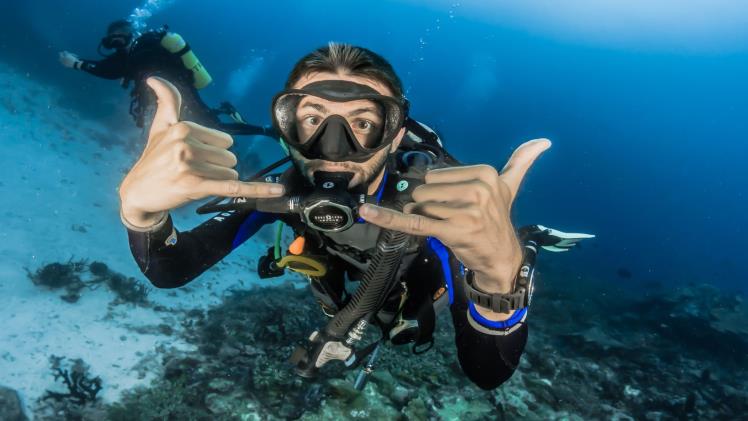Are you interested in learning how to scuba dive? If so, you’re in luck because this blog post is packed with information that will help beginners get started. Don’t worry, this guide doesn’t assume that you have any prior knowledge or experience of diving. Instead, it will offer tips for absolute beginners.
Choose the Right Location
When it comes to scuba diving, not all locations are created equal. Some destinations will offer better conditions for beginners than others. When choosing a location, look for a place that has warm water and good visibility. This will make your first diving experience much more enjoyable rather than entering cold water and making the first experience potentially miserable.
Often, experts will say to learn to scuba dive in Fujairah and similar locations. Why? Because the water is almost always warm, and the visibility is incredible. Once you have your diving certificate, you can explore scuba diving all over the world – but it’s best to start in ideal conditions.
Your Diving Instructor Knows Best
This may seem like an obvious one, but it’s worth stressing. You must trust your diving instructor and follow their guidance. They are experts and have your best interests at heart. Sadly, many beginner scuba accidents occur because divers don’t listen to their instructor.
If you’re worried about something, speak up and ask questions. It’s better to ask and seem like a novice than to not ask and put yourself in danger. If you’re new to scuba diving, you don’t need to pretend otherwise.
Breathe Normally
One of the most common beginner scuba diving mistakes is to hold their breath while underwater. This will only cause you to use air more quickly and may make you feel panicky. Instead, breathe normally and try to stay calm.
One good breathing tip while scuba diving is to exhale slightly more than you inhale. This will help to prevent any water from entering your lungs if there is a small leak in your mask. Although it might seem difficult at first, try to breathe as normally as possible.
Practice Clearing Your Ears
Another common beginner mistake is not knowing how to clear the ears. As you descend, the pressure around you increases and can cause pain in your ears. To equalise the pressure, you need to “clear” your ears by exhaling and swallowing at the same time.
You can also try the “toy” method, which is simply holding your nose and blowing gently. This will help to open the eustachian tubes and allow the pressure to equalise. If you can do this well, it will open new doors for your diving experience.
Stick to Your Limits
Finally, one of the most important scuba diving tips for beginners is to stick to your limits. When you’re first starting, it’s easy to want to push your limits and see how far you can go. However, it’s important to remember that diving is a dangerous sport, and it often relies on adrenaline.
If you push your limits, you’re more likely to make mistakes that could put yourself or others in danger. It’s better to play it safe and stick to depths and areas that you’re comfortable with. You can always challenge yourself later once you’ve gained more experience.
To finish, here are some quick-fire tips:
- Get plenty of rest before diving.
- Check your equipment thoroughly before each dive.
- Don’t touch anything while you’re diving, no matter how tempting it may be.
- Be aware of your air levels and always have a safety stop in mind.
Have fun and happy diving!

